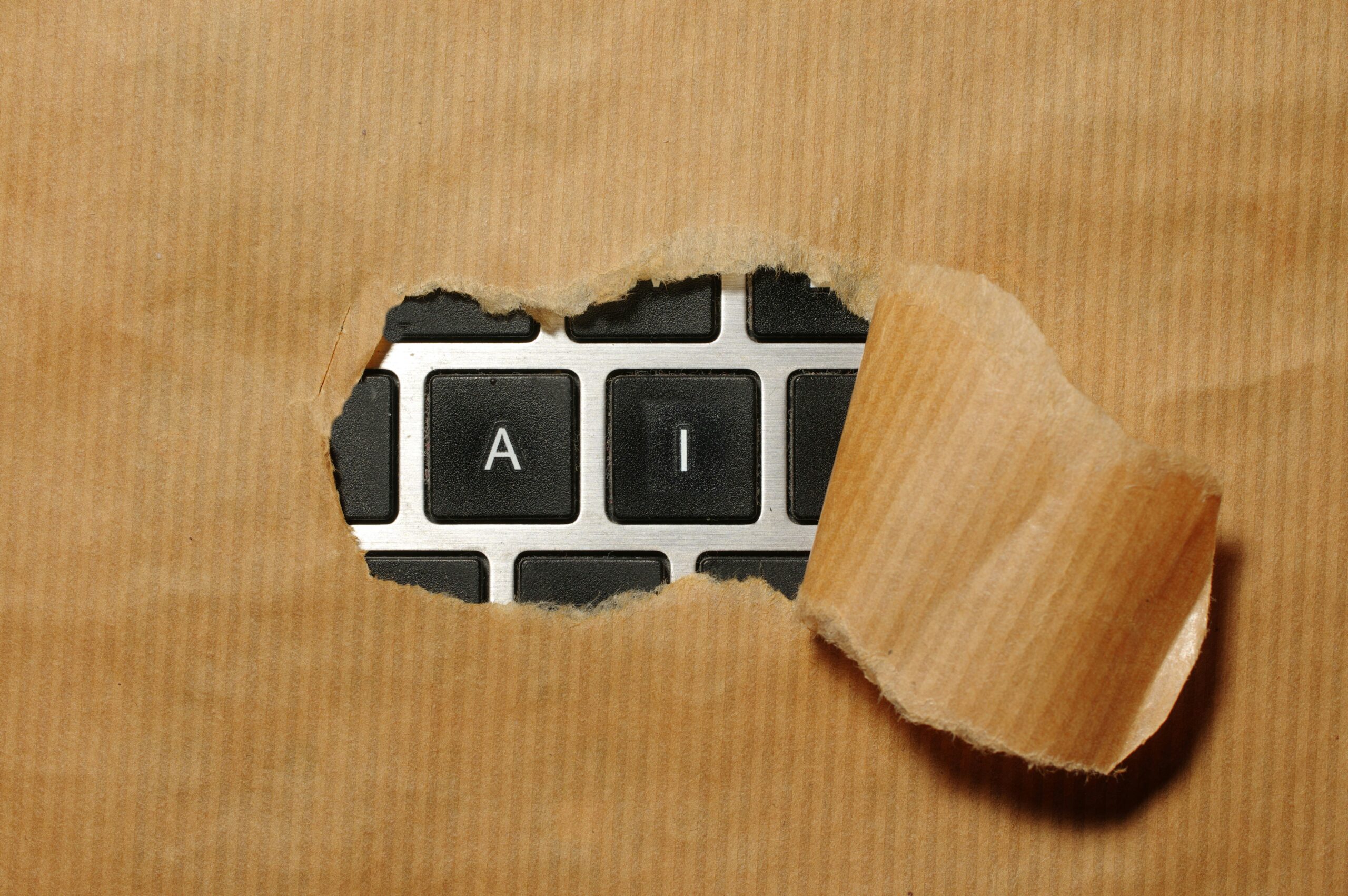
As time goes on, the world keeps changing, and so does technology. But are we really ready for what machines are capable of doing, or are we just heading head-first into disaster?
Journalism has long been a vital means for people to access important information, offering an accessible platform for news and events that shape our understanding of the world. Traditionally, journalism aimed to provide accurate, unbiased stories that help individuals make informed decisions. However, with the rise of artificial intelligence (AI), the landscape of journalism is rapidly changing. As AI advances, it becomes increasingly difficult to find genuine, unbiased content free from misinformation and personal opinions. AI’s role in news production and consumption has raised concerns, as it can manipulate the flow of information, making it harder for the public to distinguish fact from fiction.
The influence of AI on journalism and social media is highly polarizing. Some see AI as a threat to humanity, fearing it could diminish human agency and compromise the integrity of journalism, where truth and trust are paramount. Critics argue that AI could contribute to the spread of fake news, amplifying misleading content or creating echo chambers that limit diverse perspectives. On the other hand, AI supporters view it as a tool that simplifies daily life by boosting efficiency and enabling personalized content. With AI, journalists can automate routine tasks, analyze large datasets for investigative stories, and target content to specific audiences, making news consumption more engaging and relevant.
To better understand AI’s impact, I asked the source itself about its influence on social media and journalism. AI responded, stating: “AI boosts efficiency and personalization in both fields but risks misinformation and bias. Responsible use is key to balancing benefits with ethical concerns.” This response highlights that while AI brings advantages such as quicker content generation and enhanced user engagement, it also poses risks like bias and misinformation. AI acknowledges both the positive potential and the negative consequences of its use in journalism and social media.
In conclusion, while AI can improve efficiency and personalization, it’s essential to handle its integration with responsibility. AI must be used ethically, ensuring that it supports the core values of truth, fairness, and accuracy in journalism while minimizing its harmful effects.







Leave a Reply